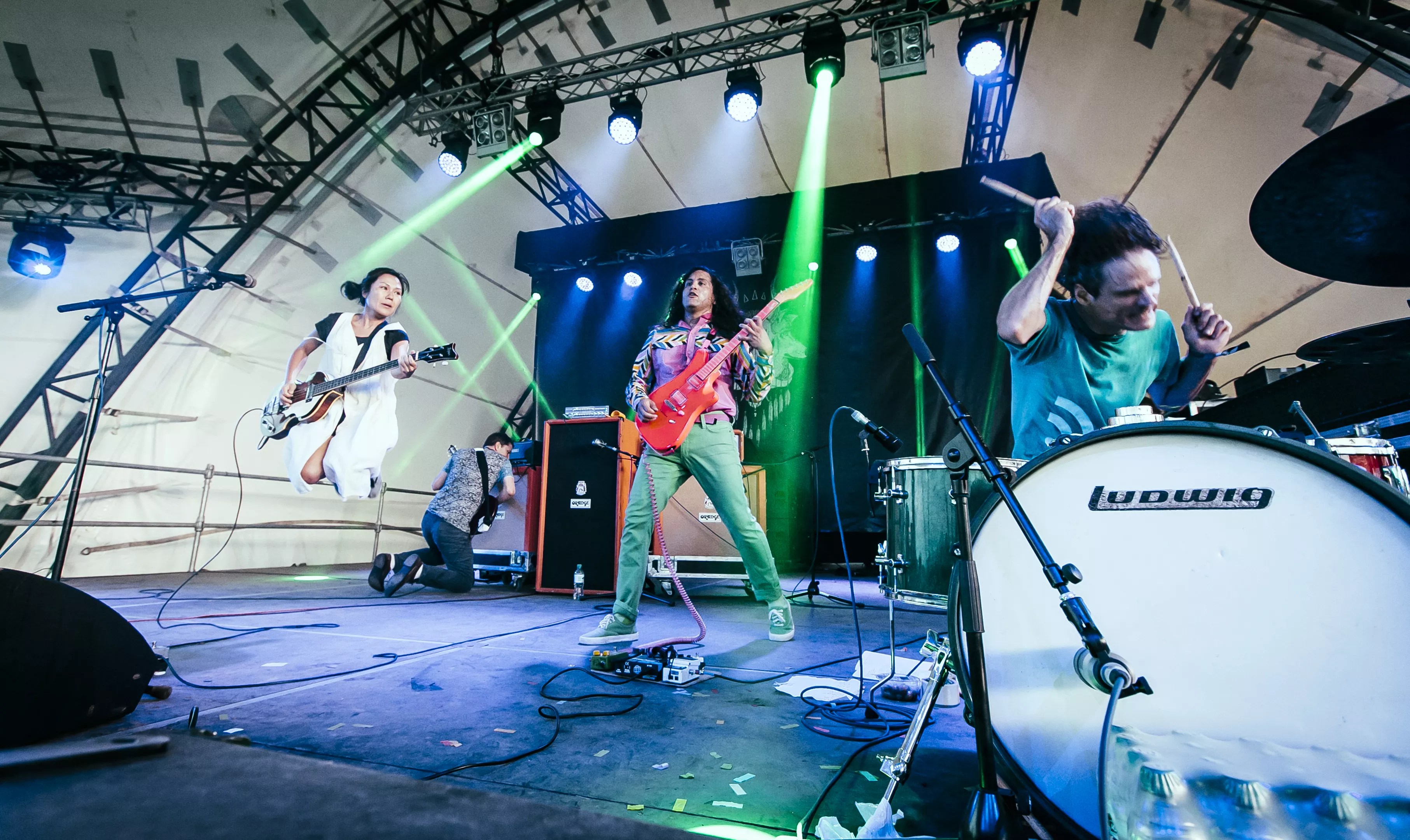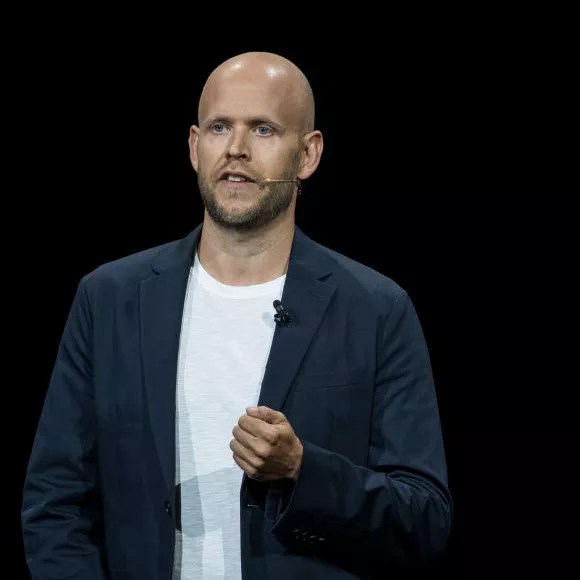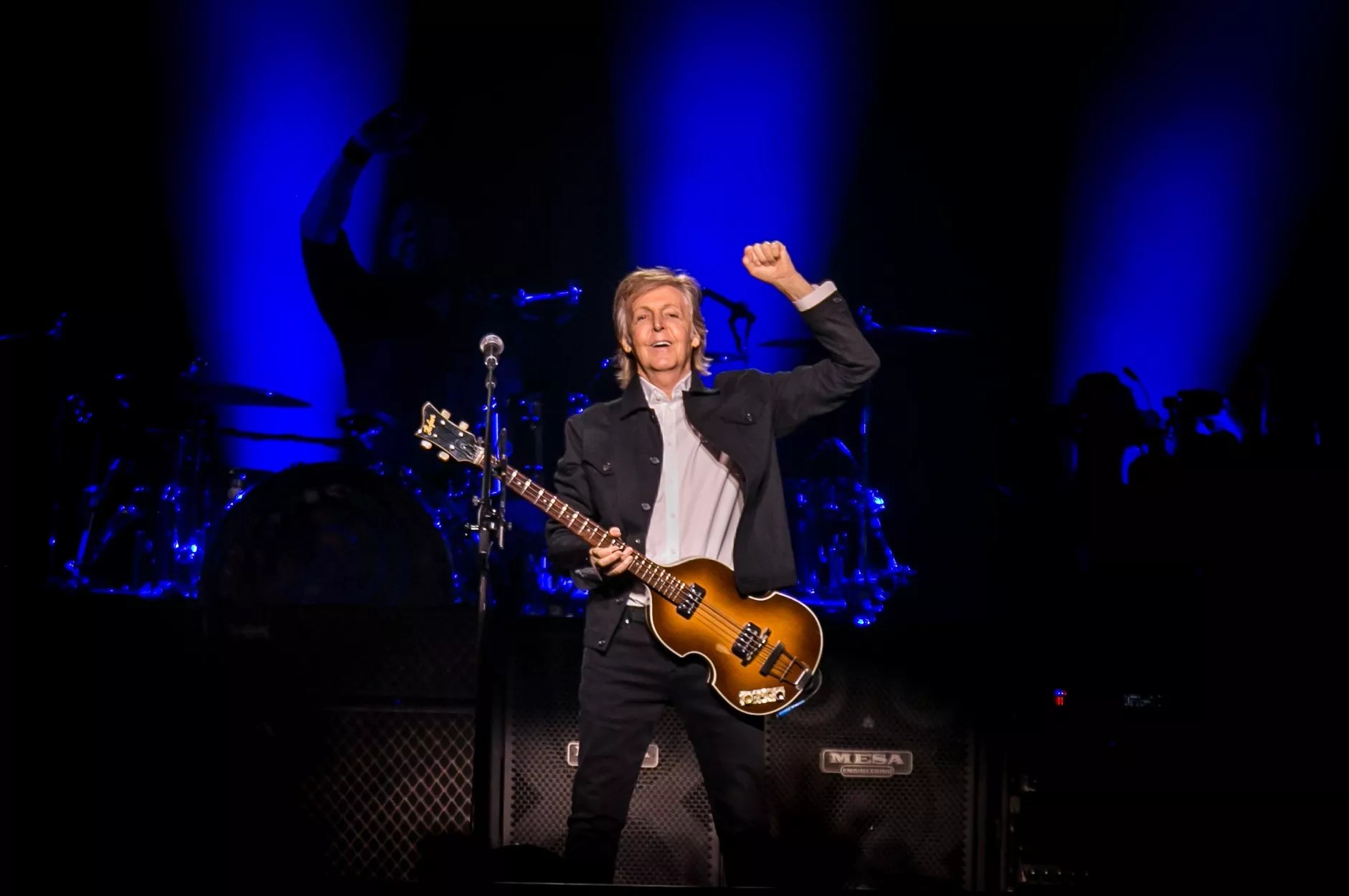
Joe Singh

Audio By Carbonatix
As a consumer, I like Spotify. It’s easy to use, it can be a great way to discover new music, and it’s like the Library of Congress for music. It’s got just about everything you’d ever want to hear. Quite frankly, it’s amazing. I think of something I want to hear, type it into the Spotify browser, and voila! I’m listening to it.
But it’s different for artists, and it has been for a long time. It seems that just about every artist dislikes the platform, and many have made public statements against it.
Some have pulled their music from the service only to reinstate it later.
A couple of weeks ago, indie-rock vets Deerhoof announced that they would be pulling their music off Spotify because of billionaire CEO Daniel Ek’s new $700 million investment in Helsing, a company that sells software that uses AI to inform military decisions.
This seems like a big deal, and one that would concern other artists. I would have expected ’60s war protestors like Country Joe and the Fish to get off their rockers and onto their soapboxes. But others have not followed suit, and, as of this writing, some of Deerhoof’s music can still be found on Spotify.
In 2022, Neil Young sounded the alarm over Joe Rogan’s podcast, claiming that Rogan was disseminating misinformation about the COVID-19 vaccine. The rock star demanded that Ek and Co. choose between him or Rogan, Spotify’s most popular podcaster. Young eventually pulled his music, as did Joni Mitchell, his former bandmates Crosby, Stills, and Nash, Springsteen sideman and Scottsdale resident Nils Lofgren, alt rockers Failure. Ava DuVernay and India Arie also followed suit.
Rogan admitted to making some mistakes and clarified that he’s not an anti-vaxxer. Two years later, Young and the rest ended their boycott.
But the thing that artists overwhelmingly sound off about is the lack of fair pay from Spotify.
In 2014, Taylor Swift became one of the first musicians to protest the streaming giant by pulling her music off the service because it didn’t compensate the creators fairly. Three years later, following the success of her album 1989, her catalog returned to Spotify. Her representatives stated that she wanted to thank her fans for the success of her album 1989 by making her entire discography available.
In 2015, Prince pulled his music off all streaming services except for Tidal, which is run by rapper Jay-Z and perceived to be a more artist-friendly platform.
Other artists who have spoken out about the unfair payouts from Spotify include Radiohead’s Thom Yorke, country star Jason Aldean, Jay-Z, country legend Garth Brooks, contemporary folk artist Joanna Newsom, and Sir Paul McCartney.
Earlier this year, Björk told a Swedish newspaper that Spotify was “probably the worst thing that’s ever happened to musicians.”
Most artists hate Spotify, and why wouldn’t they? It has almost completely eradicated their ability to sell physical and digital copies of their albums, and it doesn’t compensate them fairly.
Typically, artists make about $0.003 per stream. Daniel Ek made more money from Spotify than any individual artist has ever earned on the platform. He earns about $350 million per year from Spotify – an amount that far exceeds the lifetime Spotify payouts of even top stars like Drake or Taylor Swift. At $0.003, an artist would need about 115 billion streams in one year to match his take – more than any artist has ever achieved.
So, why the hell haven’t more artists pulled their music off the platform, and why have the ones who did put it back on? Why don’t musicians form a coalition and move their music to a different platform like Tidal? There’s strength in numbers, right?
It seems obvious, but it’s a bit more complicated than it appears.

Daniel Ek, CEO of Spotify, speaks about a partnership between Samsung and Spotify during a product launch event at the Barclays Center in Brooklyn on August 9, 2018.
Drew Angerer/Getty Images
Labels, at least the majors, typically own their artists’ master recordings while publishers own the songwriting rights. So, if an artist wants to pull their music off Spotify, they often can’t legally do it unless they get permission from their label and music publisher.
To make it even more complicated, the industry is fragmented – scattered across major labels, indie labels, DIY distributors, different countries, and various genres.
Frankly many smaller artists probably don’t really want to remove their music from Spotify – even if they complain about it. It gives them exposure, helps them grow their audience, and helps them sell merch. If they remove themselves, they lose their visibility.
On the other end of the spectrum, many big artists do make millions from Spotify because they have better royalty deals. Remember the days before the Beatles were on Spotify? You can bet your ass that they negotiated a better per-stream rate than anyone had at the time. The value of their catalog and the prestige of having them on the format had to have had exceptional importance to Ek and co.

The legendary Sir Paul McCartney returned to Phoenix on June 26 to perform at Talking Stick Resort Arena.
Melissa Fossum
Taylor Swift is now making a mint off Spotify because she owns the masters to all her more recent recordings.
Other big-name artists use Spotify as a marketing tool to drive income elsewhere, like merch, concerts and sync licensing for movies and TV. So, their incentive to quit Spotify might not be very strong.
But the disdain for Spotify among artists is real. Could there one day be a mass exodus from the platform? Absolutely! However, it would require an extraordinary amount of international coordination and the cooperation of labels and publishers, and it’s unclear which entity might take up the cause. However, the kettle is boiling, and given the increasing animosity so many artists feel toward the streaming giant, it may soon boil over, and Spotify may face a monumental reckoning.